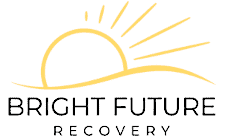
Bright Future Recovery serves Northern and Central California with evidence-based, whole person and
affordable addiction rehab treatment associated with alcohol and drug abuse.
We are happy to share valuable addiction recovery information.
Detox | Residential Rehab | Outpatient Virtual IOP | Relapse Prevention
Confidential Consultations and Insurance Verification
Call (831) 245-1623
Questions about Drug and Alcohol Abuse and Recovery?
Call Us – We Can Help.
Table of Contents

Bright Future Recovery serves Northern and Central California with evidence-based, whole person and affordable addiction rehab services associated with alcohol and drug abuse. We are happy to share valuable addiction recovery information.
Questions about Drug and Alcohol Abuse and Recovery?
Call Bright Future Recovery at (831) 245-1623 for a Confidential Consultation. We Can Help.
When someone is in the throes of addiction, their symptoms and behaviors take a toll on the whole family. Addicts frequently lie, cheat, and steal – often from their own loved ones – to be able to support their addiction. Full-blown addiction takes away the choice to use or not to use from the addict. They almost always need professional medical help to get clean.
Addicts’ behavior probably seems crazy to many, especially their family members and loved ones. For family members who do not understand addiction, this can be a hard position to be in. They may think that the addict can be reasoned, guilted, or even bribed into not using. They may spend countless hours and energy trying to get the addict to quit. And they are likely to become codependent in their relationship with the addict.
What is Codependency?
Codependency is when one person takes an excessively passive, controlling, or caretaking role in a relationship with another person. A codependent person tends to spend much of their time monitoring, controlling, and trying to enhance or improve the feelings of someone else.
When a person is in a codependent relationship, there is an imbalance that is unhealthy and often toxic or destructive to the codependent person’s self-esteem, self-worth, and usually, their needs are sacrificed for those of the other person in the relationship.
Codependency doesn’t always involve a relationship with an addict; it can exist in any dysfunctional relationship. It also doesn’t happen in every family with an addict. Some family members are able to detach from the addict and not engage in codependency.
That said, it is fairly common for there to be a codependent/addict relationship in families suffering from a loved one’s addiction.
What Does the Codependent and Addict Relationship Look Like?
The relationship between the codependent and the addict can be dangerous. The addict continues to have the need to use and will do anything to meet that need. The codependent tries to intervene, manipulate, fix, and manage the addict’s life. The things that they do for the addict may seem like good things, and they may be being done out of love. But, in reality, not allowing the addict to suffer the consequences of their addiction only perpetuates their using, which can lead to a lifetime of unhappiness for both people or, sadly, to the death of the addict.
The following is a breakdown of what the relationship might look like:
| The Codependent… | The Addict… |
| …loves the addict. This love influences and controls the codependent’s thoughts, feelings, and behaviors. | …loves the drug or alcohol. This love controls the addict’s thoughts, feelings, and behaviors. |
| …believes that without the addict, he or she will die or be unable to function | …believes that without the substance, he or she will die or be unable to function |
| …is dependent on the love from the addict for his or her self-worth | …is dependent on the drug or alcohol to avoid negative emotions and numb pain |
| …is loyal to the addict, despite the addict’s disrespect and irresponsibility | …is avoidant and disloyal because only the addiction matters to him or her |
| …is unable to ask about his or her own needs because it may anger the addict | …demands that the codependent meets his or her needs at all times, no matter what the situation |
| …plays the role of caregiver for the addict but neglects to care for his or her own self | …feels entitled and is used to being cared for and needs the codependent to take care of him or her to continue using |
| …is a rescuer who only finds significance in saving the addict | …needs to be saved by the codependent in order to continue using |
| …needs to be needed by the addict | …needs the codependent to be kept from suffering the negative consequences of addiction |
| …suffers from lack of identity because he or she has to constantly change to please the addict | …dominates the codependent’s sense of identity so that he or she can maintain control over the codependent |
| …has low self-esteem and self-worth and believes the love of the addict will fix him or her | …has low self-esteem and self-worth and uses drugs or alcohol to fix him or her |
| …is unable to set healthy boundaries | …has no respect for boundaries |
| …believes if he or she loves the addict enough, the addict will change | …uses any means necessary to meet his or her own need for substance use. He or she will use fear, domination, anger, guilt, and shame to get what he or she needs. |
How Do You Know if You Are Codependent?
If you identify with any of the characteristics of the codependent above but still are not sure that you are living in that role, here are some questions to consider:
- Do you feel desperate for approval?
- Are you uncomfortable being assertive or enforcing boundaries?
- Do you wish that you could control others?
- Do you base your self-worth on the approval of others?
- Do you shy away from making decisions because you are afraid of upsetting others?
- Have you given up friends, interests, or hobbies for someone else’s sake?
- Do you feel responsible for the way others behave?
- Do you confuse being needed for being loved?
- Do you feel upset when others don’t notice how much you are doing for them?
- Do you attempt to avoid abandonment by staying in unhealthy relationships?
If you answered yes to any or all of these questions, you might be codependent. If so, it’s time for you to think about getting help for yourself – regardless of what the addict in your life does or doesn’t do.
Recovery for Codependence
Ideally, the codependent and the addict will seek treatment at the same time. Unfortunately, it doesn’t always happen that way. If you find that you are codependent and are enabling the addict in your life, seek help. It isn’t easy to give up control (even if it’s just perceived control) over your loved one who is using drugs. There are support groups for family members of addicts that teach you how to detach with love and start living your own life.
Depending on whether you have underlying causes for your codependence besides the addict, it may be useful to seek counseling or therapy for yourself. It will help get to the heart of the issue and provide you with new ways of coping.
The important thing to remember is that your well-being and mental health do not have to depend on what others in your life, including the addict, say or do. You have the potential to live a happy and fulfilled life no matter what. Asking for help is the first step to breaking free of codependency.
Find Help at Bright Future Recovery
Whatever leads you to our doorstep – know that we are invested in your recovery and in helping individuals overcome the devastating effects of alcohol use disorder and substance use disorders. We believe detoxing and residential rehab treatment should not be something to enter in fear. Bright Future Recovery serves Northern California – as well as Central and Southern California. At Bright Future Recovery locations in Hollister and San Luis Obispo – our patients find professional intervention services, detox, residential rehab, post-treatment care; and a 5-year case management and monitoring program.
We Can Help.
Are you or a loved one struggling with drug or alcohol abuse?
Call Bright Future Recovery Now
Confidential Consultations and Insurance Verification
Detox | Residential Rehab | Virtual IOP Outpatient Rehab | Relapse Prevention
Frequently Asked Questions
Bright Future Recovery is located one serene drive from Silicon Valley in northern San Benito County, California. Bright Future Recovery is a place where our patients can get away from it all as they focus on detox and starting residential addiction recovery on the right foot.
Even so, our property is close enough to town that you don’t feel disconnected.
Take the first step to a brighter future for yourself, family or loved one today, call (831) 245-1623.
We are family oriented drug and alcohol detox and rehab center in Northern California. We offer a range of holistic and evidence-based addiction treatment services with personalized treatment plans.
Bright Future Recovery Northern California addiction rehab treatment provides whole person recovery with intervention, medical detox, holistic evidence-based residential rehab, outpatient IOP rehab, virtual IOP, relapse prevention and aftercare.
Whether struggling with alcoholism, drug addiction, or other form of substance abuse – our professional, experienced and compassionate staff is here to guide and support our patients every step of the way.
As a small 12 bed program in a home-like and comfortable environment – we are able to give our patients individual attention.
Take the first step to a brighter future for yourself, family or loved one today, call (831) 245-1623.
Medications during medical detox are given as needed; dosage is determined by a licensed physician. The length of detox is dependent on several factors. These include general health and type and length of the addiction.
For treating opiate addiction, we use MAT Medication-Assisted Treatment.
Please call Bright Future Recovery for a confidential consultation at (831) 245-1623.
An average detox takes 7 – 10 days. Although for some individuals detox may last longer. The length of detox depends on several factors. These include overall health, substance taken and the length of the addiction.
We treat opiate addiction with MAT medication-assisted treatment.
Please call Bright Future Recovery for a confidential consultation at (831) 245-1623.
Addiction is a complex disease that can have a devastating impact on individuals, families, and communities. But there is hope. Bright Future Recovery residential addiction treatment provides the support and structure individuals need to overcome addiction and achieve lasting recovery.
Our addiction rehab treatment provides whole person recovery with intervention, medical detox, holistic evidence-based residential rehab, Virtual IOP outpatient rehab, relapse prevention and aftercare.
We accept most insurance and can verify your insurance benefits.
Residential rehab treatment can last 30 to 90 days or longer – depending on the needs of the individual.
Take the first step to a brighter future for yourself, family or loved one today, call (831) 245-1623.
Whether stepping down from residential treatment or seeking to complement ongoing recovery efforts – our Intensive Outpatient Program (IOP) is designed to support your unique path to wellness.
In our IOP Program, patients can maintain their daily routine while accessing the quality treatment and support needed to recover and thrive.
· Patients can participate in our Outpatient IOP holistic alcohol and addiction recovery rehab while maintaining personal and professional responsibilities.
· Patients graduating from our Residential Rehab program can continue to receive professional support and rehab education.
· Virtual IOP – Our outpatient treatment program in a convenient, flexible format that allows clients to receive our IOP rehab from any internet-connected device.
Please call Bright Future Recovery for a confidential consultation at (831) 245-1623.
Location and Directions
Bright Future Recovery also owns and operates Avila Heights Recovery.
Avila Heights Recovery is our luxury executive rehab in San Luis Obispo.








